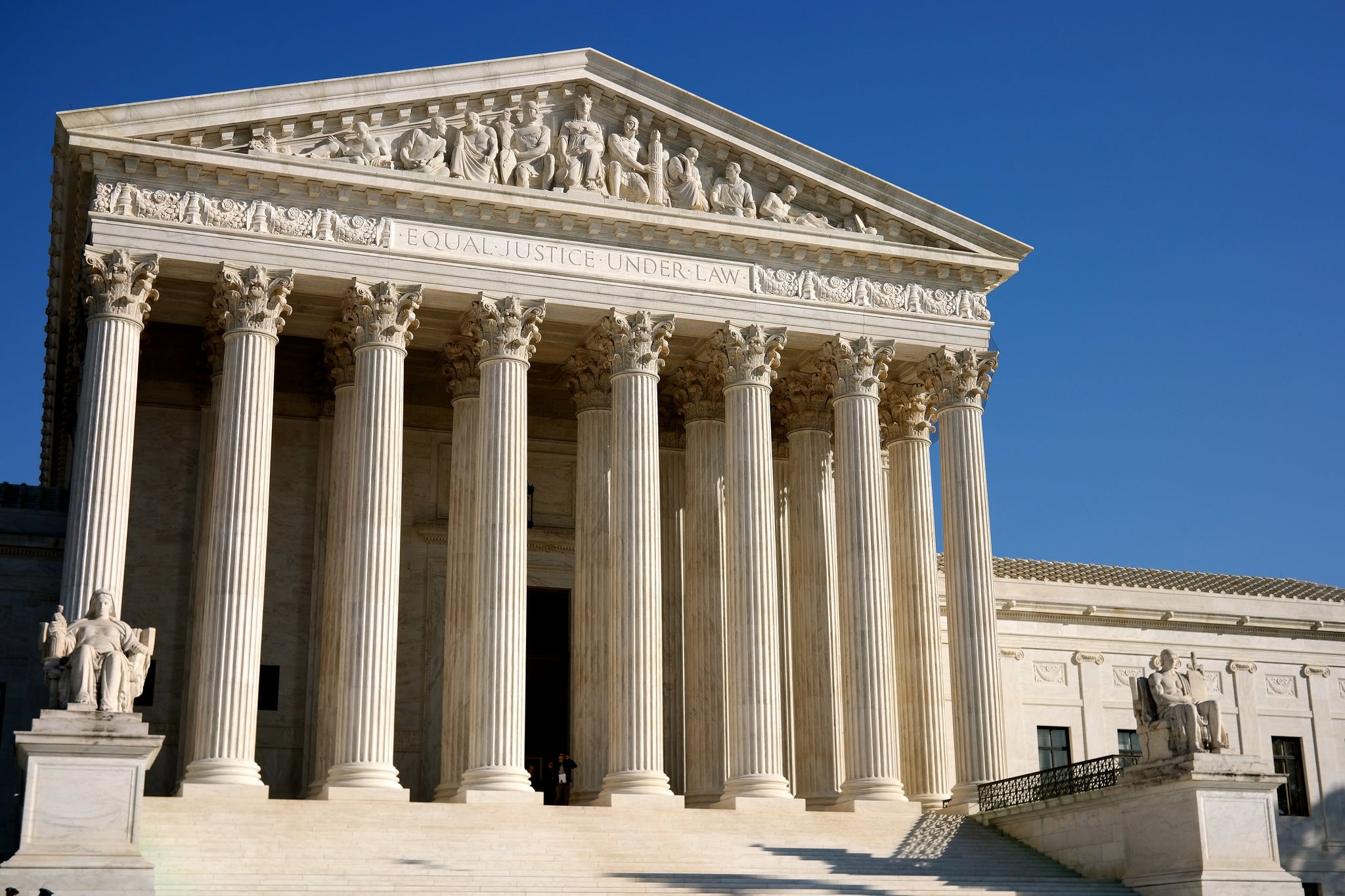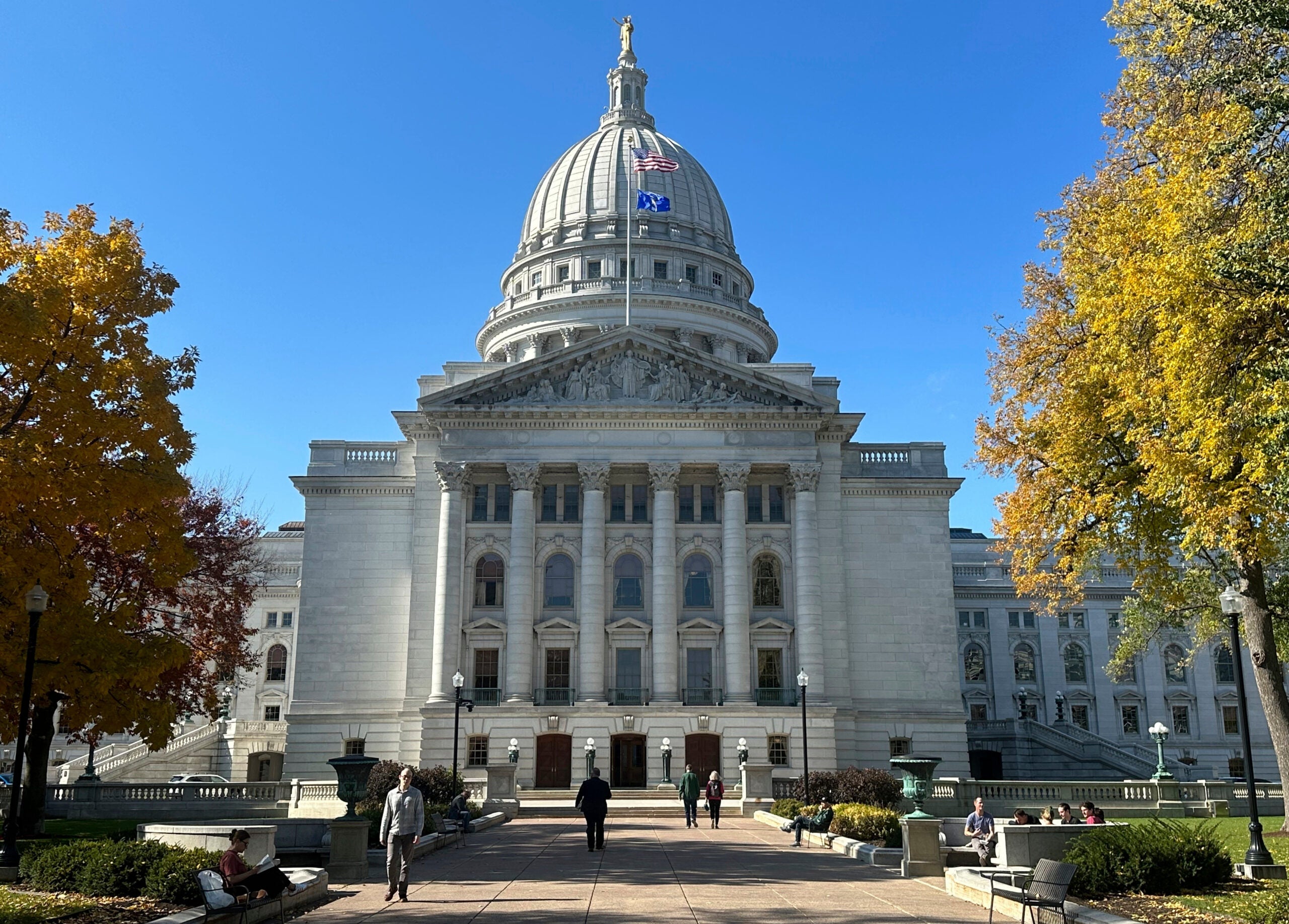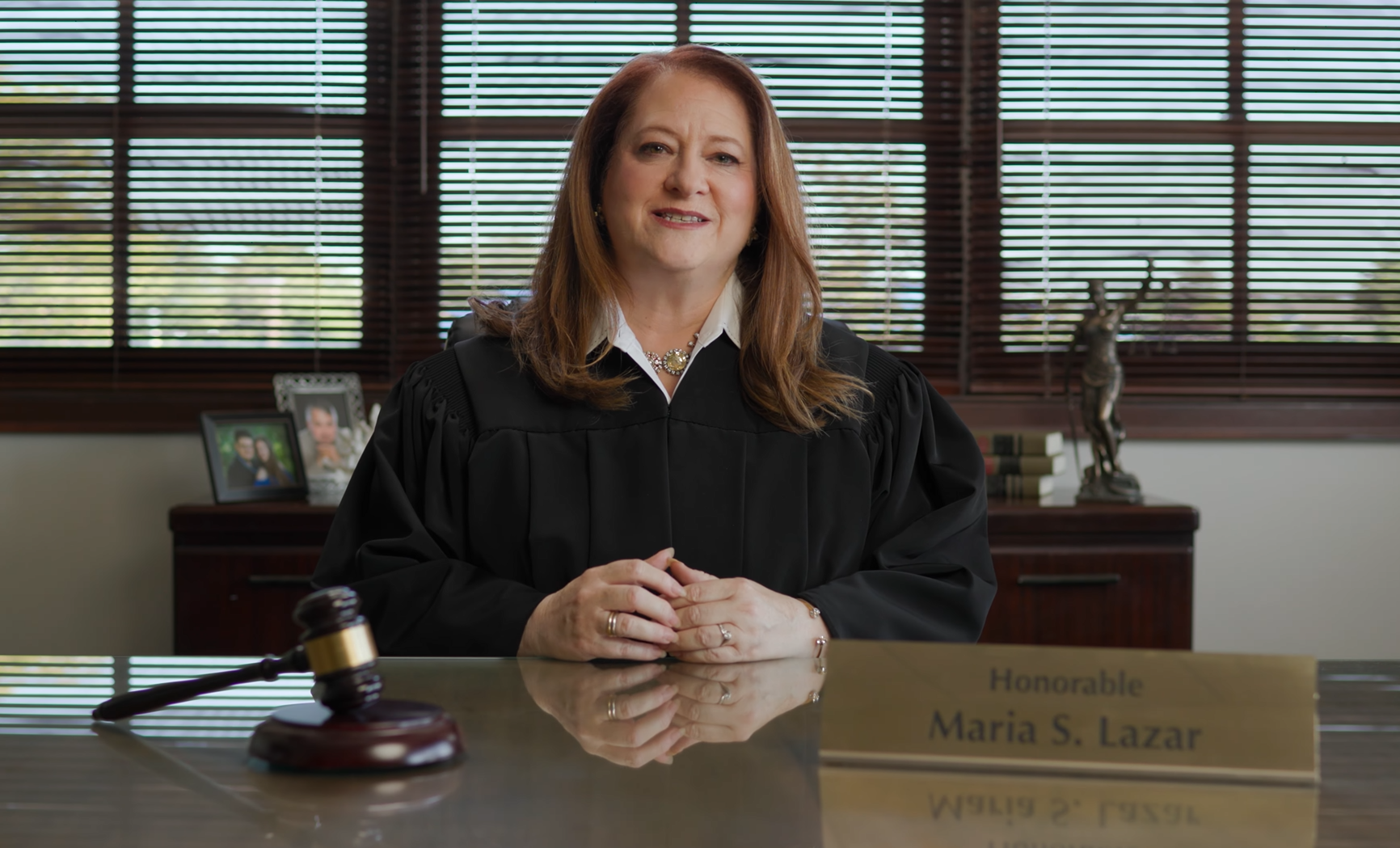Groups challenging Wisconsin’s voter ID requirement have filed a motion with the U.S. Supreme Court requesting that the court re-halt the law before Election Day.
The law was blocked for more than two years before the U.S. 7th Circuit Court of Appeals in Chicago issued an order that effectively reinstated it last month. In the motion before the Supreme Court, the American Civil Liberties Union and other opponents of the law the call the appeals court order “a breathtaking move that guarantees chaos at the polls and irreparable disenfranchisement of many thousands of registered Wisconsin voters.”
Plaintiffs also noted that clerks had already mailed out at least 11,000 absentee ballots without voter ID instructions before the appeals court order came down.
News with a little more humanity
WPR’s “Wisconsin Today” newsletter keeps you connected to the state you love without feeling overwhelmed. No paywall. No agenda. No corporate filter.
“This after-the-fact disenfranchisement of thousands of registered Wisconsin voters who sought to exercise the franchise is unconscionable,” plaintiffs told justices.
Lawyers for the state of Wisconsin have argued that courts should let voter ID stand, saying blocking it again would “ping pong” election workers and voters.
ACLU of Wisconsin attorney Karyn Rotker, however, said the Supreme Court should stay the appellate court’s order and block the law again.
“There is Supreme Court precedent that you don’t change the rules of the game for the election in the middle of the election process and at the last minute, which is exactly what happened here,” said Rotker.
University of Richmond Law Professor Carl Tobias said there’s a decent chance the Supreme Court will grant the request to block voter ID, at least through November’s election.
“It’s getting closer and closer to the election,” Tobias said. “Everybody knows that time is of the essence.”
Tobias said he expects the U.S. Supreme Court could rule one way or another on the voter ID motion by early next week. He said the court acted very quickly on a similar request involving a voting law in Ohio, though in that case the court’s decision allowed the state to implement a more restrictive voting law. In Wisconsin’s case, the ACLU is asking the court to prevent it.
Plaintiffs had asked the full appeals court — and not just the three-judge panel that originally heard the case — to reconsider the order of reinstatement, but judges there ended up voting against the proposed “en banc” hearing.
Wisconsin Attorney General J.B. Van Hollen issued statement calling the motion “disappointing” given the ACLU’s concern over changing the law so close to an election. Wrote Van Hollen: “Appparently they’ve abandoned that view and are no longer concerned about voter confusion.”
Wisconsin Public Radio, © Copyright 2025, Board of Regents of the University of Wisconsin System and Wisconsin Educational Communications Board.







